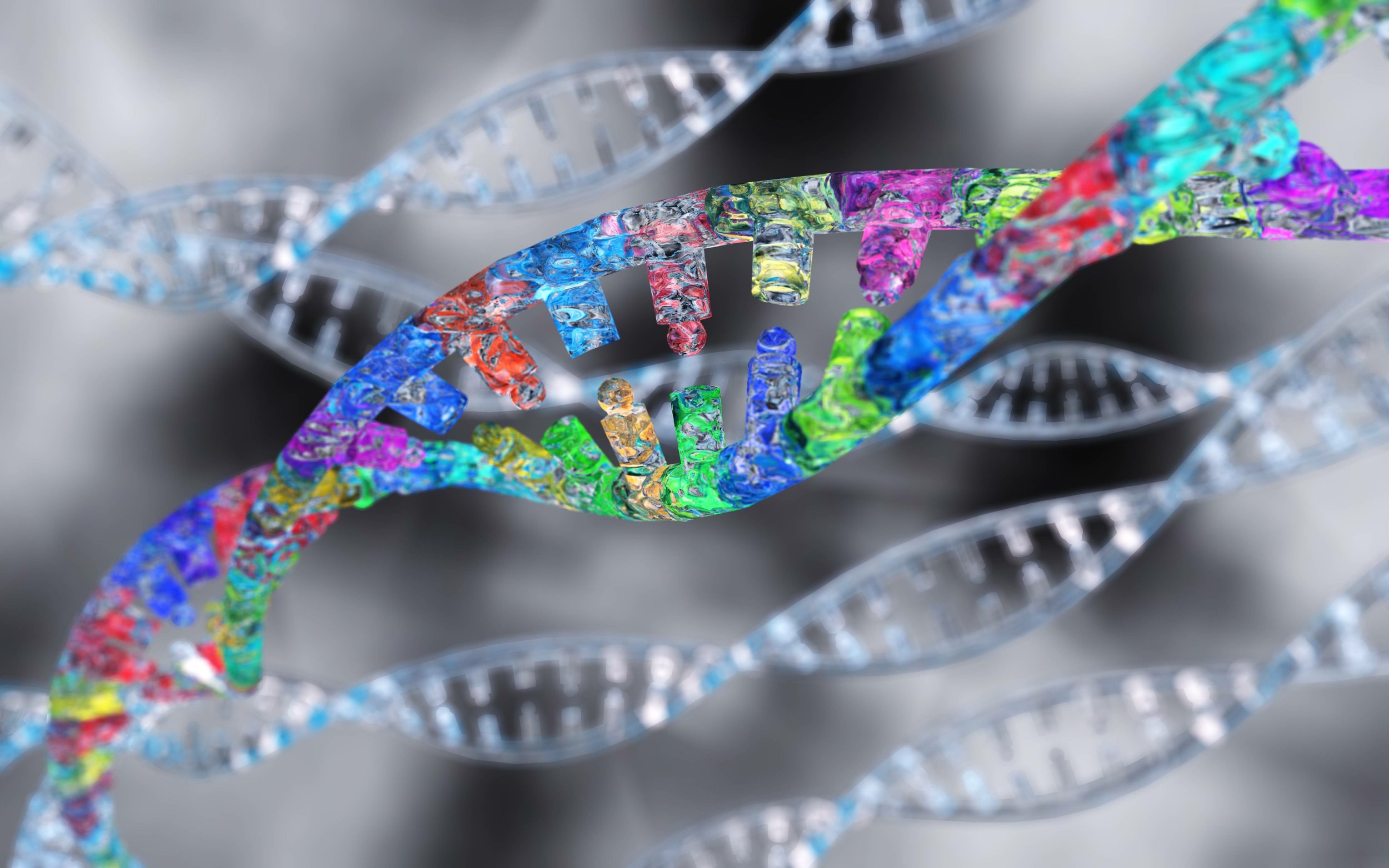Embracing the Health Span Revolution: Discover the Secrets to Living a Vibrant Life.
In a world where we all yearn for long and fulfilling lives, the concept of longevity has taken center stage. The desire to not only live longer but also maintain vibrant health and vitality has fueled groundbreaking research and led to exciting advancements in the field of health and wellness. The traditional notion of aging as an inevitable decline is being challenged as science uncovers new possibilities.
We find ourselves at the forefront of a remarkable era, where the potential to extend our health span and rewrite the narrative of aging has become a tangible reality.
As we delve deeper into the science of longevity, one area that has garnered significant attention is epigenetics. Epigenetics, the study of changes in gene expression that occur without altering the underlying DNA sequence, holds the key to understanding how our environment and lifestyle choices can influence our genes. This burgeoning field has opened up unprecedented opportunities to unlock the secrets of healthy aging and empower individuals to take proactive control over their well-being.
Understanding Epigenetic Therapies and Their Potential Influence
Epigenetics is an exciting field of study that explores how our genes are influenced by external factors, such as our environment and lifestyle choices, without altering the DNA sequence itself. It looks at the “switches” that can turn genes on or off, influencing their expression and how they function within our bodies.
Epigenetic therapies, a rapidly evolving area of research, aim to modify these switches to promote health and well-being. By targeting the chemical modifications that occur around our genes, these therapies seek to positively impact gene expression and potentially reverse any negative effects associated with aging or disease. Imaging switching on the genes that promote regrowth of healthy collages in our skin! Looking younger without esthetic procedures, just reversing aging!
Certain lifestyle factors, such as diet, exercise, stress management, and sleep patterns, have been shown to influence epigenetic modifications. By making positive changes in these areas, we can potentially enhance our overall health and well-being.
This is where functional medicine plays a crucial role. Functional medicine focuses on addressing the root causes of health issues and emphasises personalised, patient-centered care. It recognises the intricate interplay between genetics, lifestyle, and environment, aiming to optimise health by promoting a balanced approach to lifestyle modifications.
Functional medicine practitioners work closely with patients, taking into account their unique genetic makeup, lifestyle factors, and specific health concerns. By combining the principles of epigenetics and functional medicine, individuals can receive tailored recommendations and support to make targeted lifestyle changes that positively influence their genetic expression. Having already conducted genetic testing on a cohort of patients, I have been captivated by its revelations, as it unveils a new frontier in our comprehension of health and enables us to personalise treatments like never before.
The ability to positively influence our genetic expression opens doors to a future where aging may not be seen as a decline but rather as an opportunity for proactive health management.
Epigenetic Strategies for Longevity
Epigenetic strategies offer exciting possibilities for extending health span and promoting longevity. By understanding the influence of our lifestyle choices and environmental factors on gene expression, we can adopt interventions that positively impact our well-being. Here are some examples of epigenetic strategies that show promise:
Lifestyle Modifications: Regular physical activity, including aerobic exercise and strength training, has been shown to positively influence gene expression related to health and longevity. Additionally, adopting stress management techniques such as meditation, mindfulness, and adequate sleep can help reduce the harmful impact of stress on our genes.
Nutrition: Our dietary choices can also have epigenetic effects. Consuming a balanced diet rich in fruits, vegetables, whole grains, and lean proteins provides essential nutrients that support optimal gene expression. Specific compounds found in certain foods, such as resveratrol in red grapes and cruciferous vegetables, have shown potential for modulating epigenetic processes.
Stress Management: Chronic stress can have detrimental effects on our health and gene expression. Engaging in stress-reducing activities, such as regular exercise, mindfulness practices, and hobbies, can help mitigate the negative impact of stress on our epigenetic profile. Prioritizing self-care and finding healthy outlets for stress can contribute to a more positive epigenetic environment.
Potential Future Therapies: The field of epigenetic therapies is advancing rapidly, offering potential future interventions for promoting longevity. Researchers are exploring various approaches, including targeted epigenetic modifications and the use of small molecules to modulate gene expression. While these therapies are still in early stages of development and require further investigation, they hold promise for personalized interventions in the future.
By adopting a holistic approach that combines lifestyle modifications, nutritional choices, stress management techniques, and potentially emerging therapies, we can actively participate in shaping our own health and well-being. Together, these epigenetic strategies pave the way for a future where living a long, healthy, and vibrant life becomes a reality.



